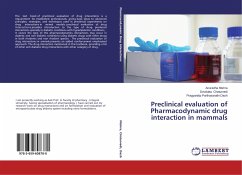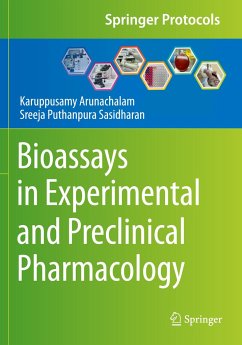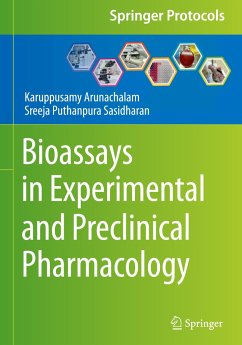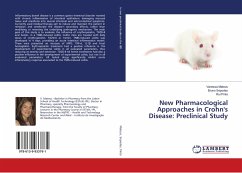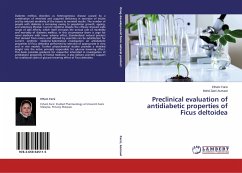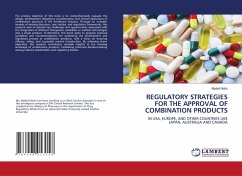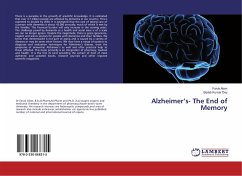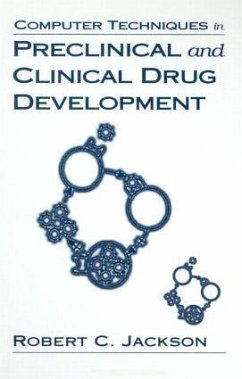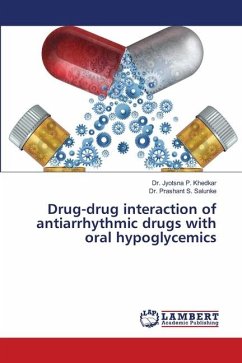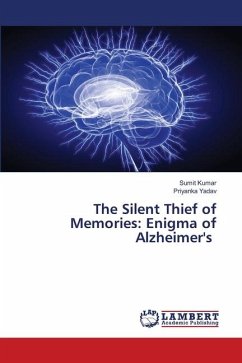
The Silent Thief of Memories: Enigma of Alzheimer's
Versandkostenfrei!
Versandfertig in 6-10 Tagen
29,99 €
inkl. MwSt.

PAYBACK Punkte
15 °P sammeln!
The most prevalent type of senile dementia, Alzheimer's disease (AD), affects 10% of people over 65 and over 50% of people over 85. In the next 50 years, it is expected that the number of Americans with AD will rise to 13.2 million from the current estimate of 4.5 million. Although basic research into AD has advanced significantly over the past 20 years, there is currently no treatment that can stop, reverse, or even delay the unavoidable neurodegenerative process. Instead, currently available medications can only temporarily alleviate cognitive symptoms. There are several different elements c...
The most prevalent type of senile dementia, Alzheimer's disease (AD), affects 10% of people over 65 and over 50% of people over 85. In the next 50 years, it is expected that the number of Americans with AD will rise to 13.2 million from the current estimate of 4.5 million. Although basic research into AD has advanced significantly over the past 20 years, there is currently no treatment that can stop, reverse, or even delay the unavoidable neurodegenerative process. Instead, currently available medications can only temporarily alleviate cognitive symptoms. There are several different elements connected to the pathophysiology of AD. Preclinical Alzheimer's disease (AD) is a term that has only recently been used to describe an illness that has a pathophysiological biomarker present which characteristic for AD in the absence of specific clinical symptoms.





